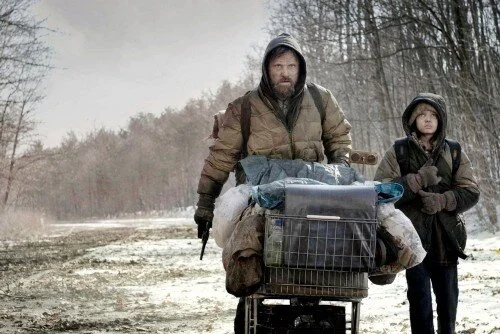There are decades where nothing happens’, said Vladimir Illyich Lenin, ’and there are weeks where decades happen’.
Clearly, we’re in one of those moments where a lot happens quickly, where old systems are breaking down, empires are tottering, and new ways are emerging bawling from the womb.
This decade will be the most disruptive of any in human history, according to a book I read this week called Rethinking Humanity, from the think-tank RethinkX.
Read More



















































